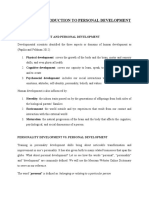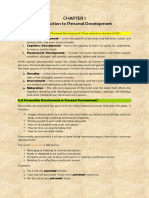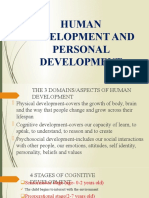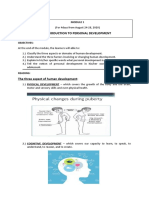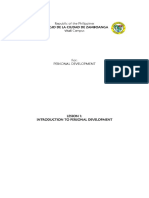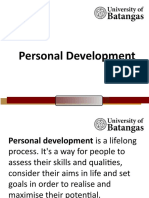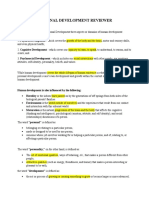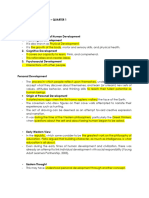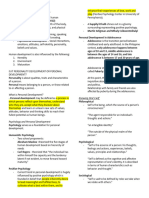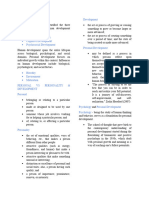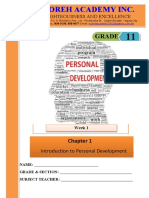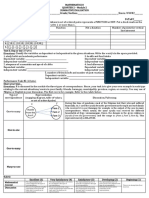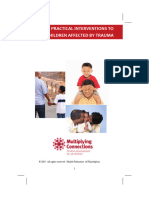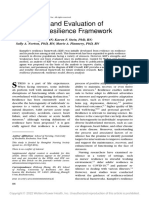0% found this document useful (0 votes)
25 views17 pagesPerdev 1
Uploaded by
Klenthe Monica CasabarCopyright
© © All Rights Reserved
We take content rights seriously. If you suspect this is your content, claim it here.
Available Formats
Download as PPTX, PDF, TXT or read online on Scribd
0% found this document useful (0 votes)
25 views17 pagesPerdev 1
Uploaded by
Klenthe Monica CasabarCopyright
© © All Rights Reserved
We take content rights seriously. If you suspect this is your content, claim it here.
Available Formats
Download as PPTX, PDF, TXT or read online on Scribd
/ 17


